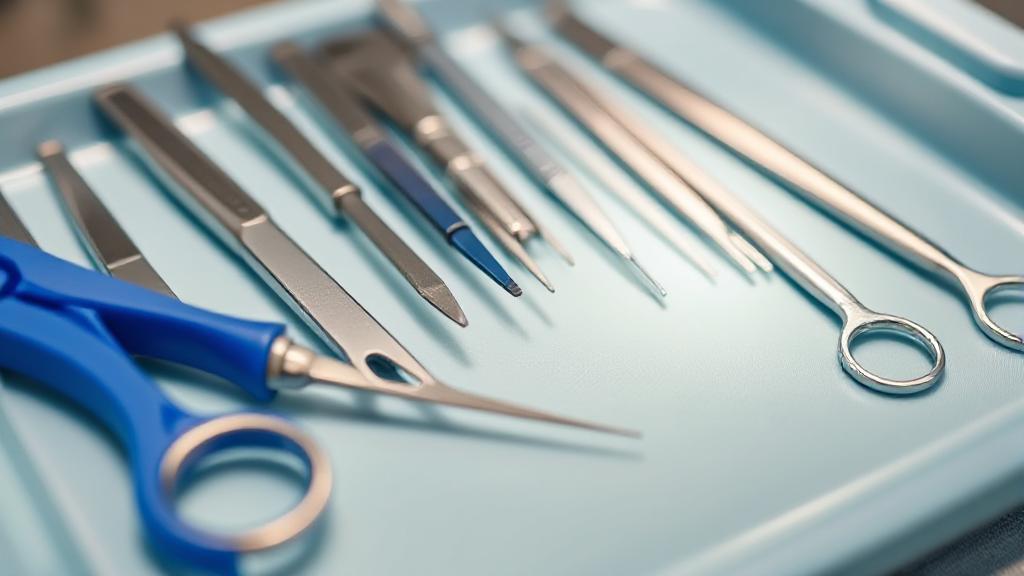Understanding Wisdom Teeth Removal Surgery
Wisdom teeth removal is a common dental procedure that many people undergo during their late teens or early twenties. These third molars, located at the back of the mouth, often cause problems due to lack of space, leading to impaction, infection, or misalignment.
Factors Affecting Surgery Duration
The duration of wisdom teeth removal surgery can vary depending on several factors:
Number of Teeth
- Each additional tooth can add 10-15 minutes to the procedure
- Removing all four wisdom teeth will naturally take longer than extracting just one
Tooth Position and Complexity
- Fully erupted teeth: 5-15 minutes per tooth
- Partially impacted teeth: 15-20 minutes per tooth
- Fully impacted teeth: 20-30 minutes per tooth
- Curved or unusual root structure
- Proximity to nerves
- Density of surrounding bone
- Patient's age (older patients typically have denser bone)
Types of Anesthesia and Their Impact
Different forms of anesthesia affect the overall procedure time:
| Anesthesia Type | Additional Time Required |
|---|---|
| Local | 5-10 minutes |
| Nitrous Oxide | 5-15 minutes |
| IV Sedation | 15-20 minutes |
| General | 20-30 minutes |
The Surgical Process
Pre-Surgery Preparation
Before the surgery, your dentist or oral surgeon will conduct a thorough examination, including X-rays to assess the position of the wisdom teeth. Expect:
- 15-20 minutes for preparation
- 5-10 minutes for anesthesia administration
- Brief waiting period for anesthesia to take effect
Pro Tip: Arrive 15 minutes before your scheduled appointment to complete any remaining paperwork and reduce anxiety.
The Procedure
- Anesthesia Administration: Depending on the chosen method, you will receive local anesthesia, sedation, or general anesthesia
- Incision and Extraction: The surgeon will make an incision in the gum tissue to expose the tooth and bone
- Cleaning and Stitching: Once the tooth is removed, the area is cleaned and stitches may be used
Post-Operative Care and Recovery
After surgery, patients typically spend:
- 15-30 minutes in recovery for local anesthesia
- 30-60 minutes for IV sedation or general anesthesia
For optimal recovery, follow these guidelines:
- Rest and Hydration: Rest for at least 24 hours post-surgery and stay hydrated
- Pain Management: Use prescribed pain relievers and apply ice packs
- Diet: Stick to soft foods and avoid using straws
- Avoid strenuous activity for 48-72 hours
Warning Signs to Monitor
- Excessive bleeding
- Severe pain after 48 hours
- Signs of infection
- Fever
- Dry socket (blood clot dislodgment)
- Nerve damage (numbness or tingling)
For more detailed information, visit the American Dental Association, Mayo Clinic, or American Association of Oral and Maxillofacial Surgeons websites.
